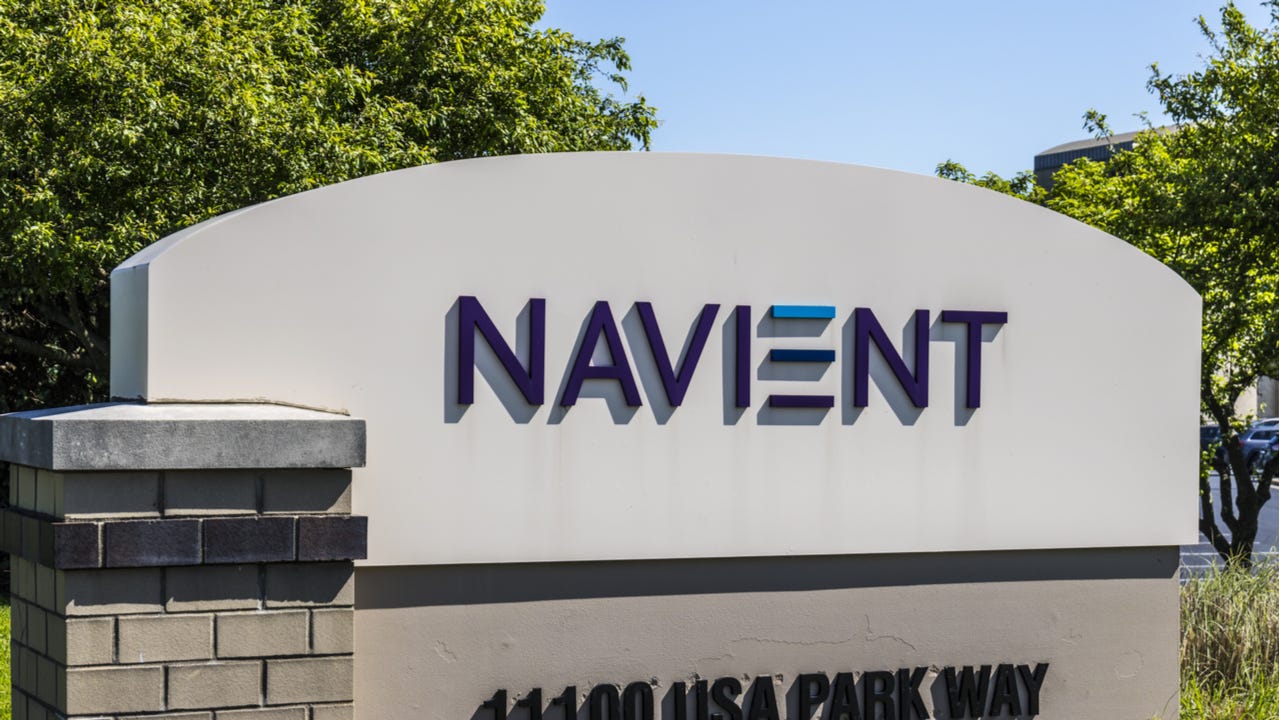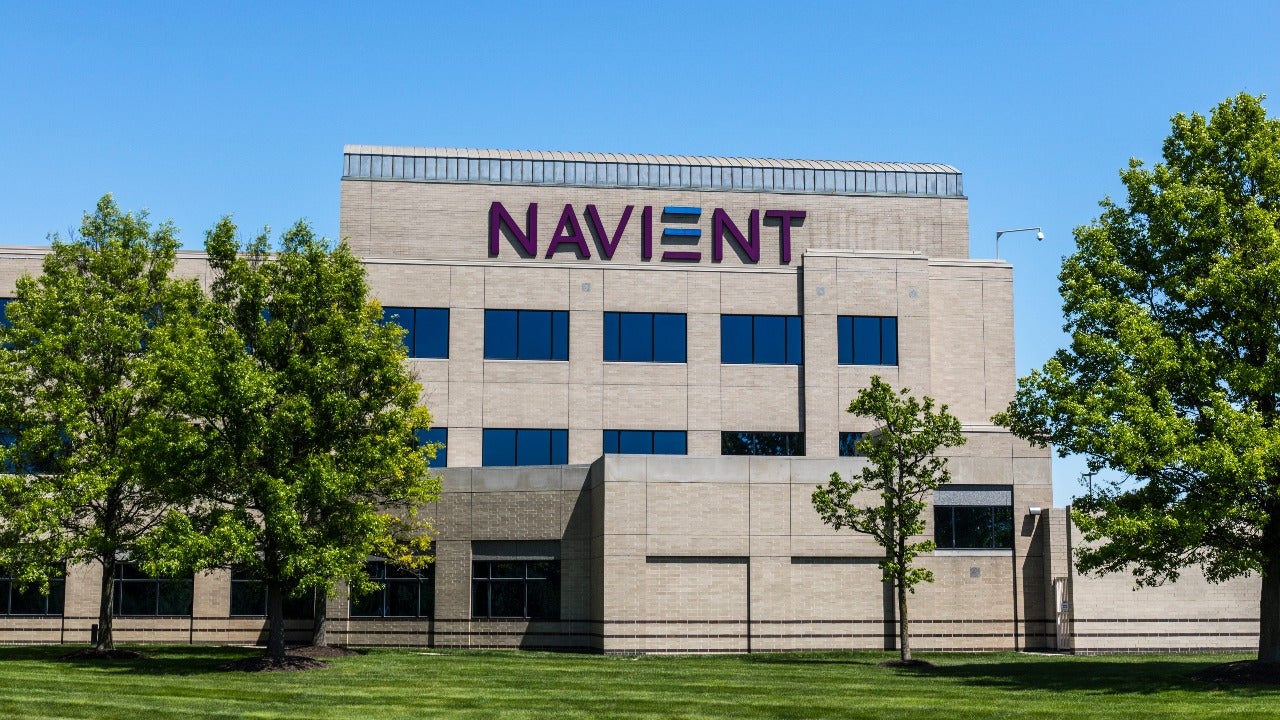What you need to know about the companies no longer doing federal student loan servicing

Major student loan servicers have exited their contracts with the United States Department of Education over the past several years. The loans previously with these servicers were transferred to other companies that have maintained contracts with the Department of Education to service repayment.
If your student loan was serviced by one of the companies that have exited the program in recent years, your loan has likely changed hands — but not much else should have changed. Your loan agreement, including term and interest rate, are unaffected by the transfer.
Federal loan servicer changes in the past 5 years
- Great Lakes
-
Transferred to Nelnet after acquisition.
- PHEAA
-
Transferred to Aidvantage, Edfinancial, MOHELA or Nelnet.
- Granite State
-
Transferred to Edfinancial.
- Navient
-
Transferred to Aidvantage.
Millions of borrowers had their loans transferred
At the end of 2021, Navient, PHEAA (also known as FedLoan Servicing) and Granite State stopped managing federal student loan products.
During the transition, which was completed at the start of 2023, the loans were transferred to a new servicer. The new servicers are now responsible for tracking and collecting payments. The details of the loans themselves will remain the same.
If you had loans serviced by Navient
Navient moved its approximately 5.6 million borrowers over to Maximus.
Navient dealt with several lawsuits in recent years, with the U.S. Consumer Financial Protection Bureau alleging that Navient mishandled borrower accounts and steered borrowers toward forbearance instead of other options like income-driven repayment plans.
Federal Student Aid Chief Operating Officer Richard Cordray was optimistic about the transition. “We are confident this decision is in the best interest of the approximately 5.6 million federal student loan borrowers who will be serviced by Maximus and will provide the stability and high-quality service they deserve,” he said in a statement. “Our confidence in this novation is bolstered by the fact that Maximus will be held to the stronger standards for performance, transparency and accountability that FSA included in its recent servicer contract extensions.”
If you had loans serviced by Granite State Management and Resources
Granite State ended its federal contract effective Dec. 31, 2021, to focus on EDvestinU, its private student loan product. Owned by the New Hampshire Higher Education Association Foundation, the company transitioned 1.3 million borrowers to Edfinancial Services.
Borrowers were transferred to Edfinancial in groups, and all transfers will be completed by the end of 2023. Granite State and the Department of Education sent out notices to affected borrowers.
If you took out a private student loan through Granite State’s EDvestinU service, Granite State will still be your servicer. Only federal student loans have moved servicers.
If you had loans serviced by PHEAA (FedLoan)
PHEAA, also known as FedLoan Servicing, announced in early July 2021 that it wouldn’t renew its contract with the Department of Education. The contract officially ended on Dec. 14, 2021. The company managed loans for 8.5 million borrowers.
PHEAA and the Department of Education transferred most borrowers to MOHELA, but some borrowers may have been transferred to a different servicer. The transfers started in December 2021 and were completed by the summer of 2022.
Before the contract ended, PHEAA was the only company servicing Public Service Loan Forgiveness (PSLF) and faced criticism for how it handled the PSLF approval process. Those loans were transferred to MOHELA.
Additional service changes
The announcement of loan companies exiting the federal loan programs came at a time of major change for federal servicers. The Department of Education overhauled the federal student loan system through a platform called Next Generation Financial Services Environment (Next Gen) — the goal of which is to streamline and simplify federal servicing.
Cordray suggested during the 2021 Education Finance Conference that some servicers have decided to end their relationship with the Department of Education due to “new performance and accountability metrics” — a push to ensure that all borrowers are receiving quality service.
What borrowers can expect
If your student loan is being transferred, the most important thing is to watch for notices from the Department of Education or your current servicer. To ensure a smooth transition, take the time to update your contact information with your current servicer.
And remember, your loan amount, interest rate and repayment term will not change when you change servicers. You may need to reenroll in autopay or set up a new online account with your new servicer, but your loan details will stay the same.
Bottom line
Students may have had their federal loan servicer change due to current servicers exiting their contracts with the Department of Education and new contracts that will be issued as part of the Next Gen Federal Student Aid program. Students should be aware of these changes and keep tabs on information that will inform them of who they must make payments to. Keep all your paperwork from your previous lender to ensure your loan is transferred without issue.
Why we ask for feedback Your feedback helps us improve our content and services. It takes less than a minute to complete.
Your responses are anonymous and will only be used for improving our website.
You may also like

How to refinance student loans with bad credit

MOHELA review: What student loan borrowers should know




